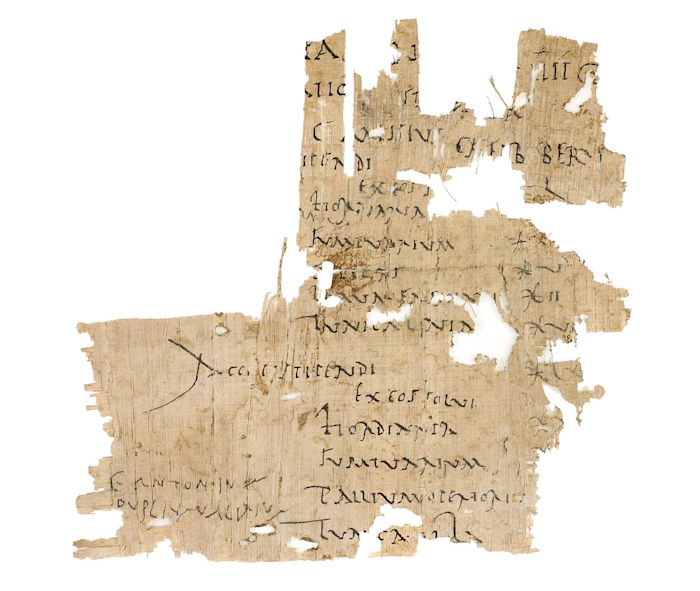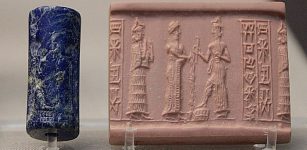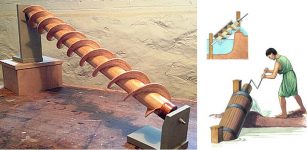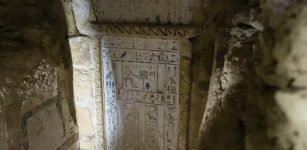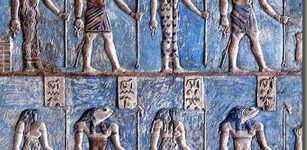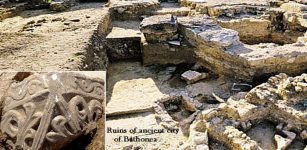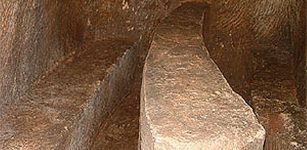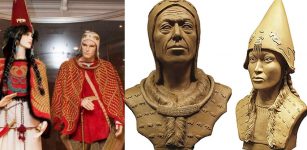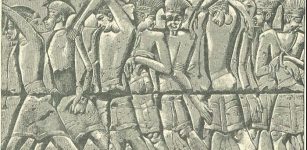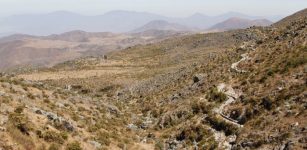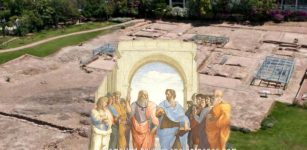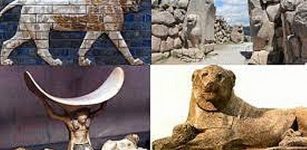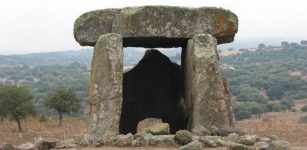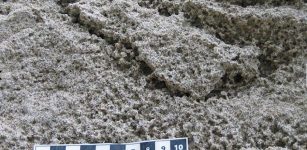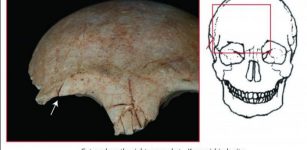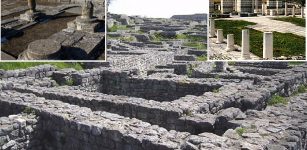Rare Ancient Paycheck Of A Roman Legionary Soldier Found At Masada
Conny Waters - AncientPages.com - Archaeologists have found a Latin papyrus with a detailed paycheck of a Roman legionary soldier, dated to 72 AD– during the Great Revolt of the Jews against the Romans (66-74 AD). The ancient paycheck was discovered at Masada, Israel, and sheds light on the pros and cons of enlisting as a soldier in the Roman Legion.
A rare ancient scroll found at masada. Credit: Israel Antiquities Authority
According to the Israel Antiquities Authority, the rare ancient scroll is a collection of at least 14 Latin documents -13 written on papyrus and one on parchment- retrieved in various states of preservation. This document is considered the best-preserved Latin papyrus from Masada and one of only three legionary paychecks discovered in the entire Roman Empire.
Although the papyrus was damaged over time and, therefore, very fragmentary, it contains valuable information about the Roman army's management and the soldiers' status. The document provides a detailed summary of a Roman soldier’s salary over two pay periods (out of three he would receive annually), including the various deductions that he was charged.
The army supplied the soldiers with basic equipment, but as of today, some soldiers have chosen to add and upgrade their equipment.
“This soldier’s paycheck included deductions for boots and a linen tunic, and even for barley fodder for his horse,” says Dr. Oren Ableman, senior curator-researcher at the Israel Antiquities Authority Dead Sea Scrolls Unit.'
"Surprisingly, the details indicate that the deductions almost exceeded the soldier’s salary. Whilst this document provides only a glimpse into a single soldier’s expenses in a specific year, it is clear that in the light of the nature and risks of the job, the soldiers did not stay in the army only for the salary. What were their other incentives?
Aerial view of Masada, in the Judaean Desert, with the Dead Sea in the distance. Credit: Andrew Shiva - CC BY-SA 4.0
According to Dr. Ableman, “The soldiers may have been allowed to loot on military campaigns. Other possible suggestions arise from reviewing the different historical texts preserved in the Israel Antiquities Authority Dead Sea Scrolls Laboratory.
See also: More Archaeology News
For example, a document discovered in the Cave of Letters in Nahal Hever from the time of the Bar Kokhba Revolt (132–135 CE) sheds some light on some side hustles Roman soldiers used to earn extra cash. This document is a loan deed signed between a Roman soldier and a Jewish resident, the soldier charging the resident with interest higher than was legal.
This document reinforces the understanding that the Roman soldiers’ salaries may have been augmented by additional sources of income, making service in the Roman army far more lucrative.”
Written by Jan Bartek - AncientPages.com Staff Writer

